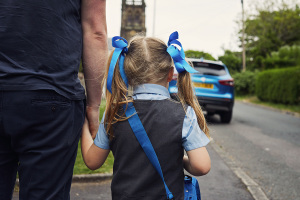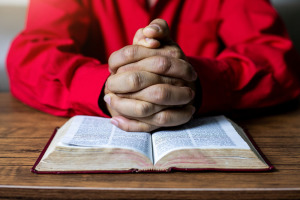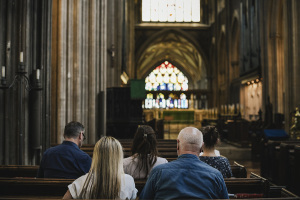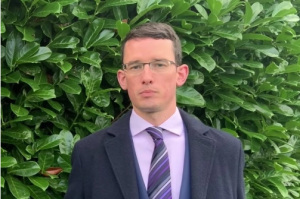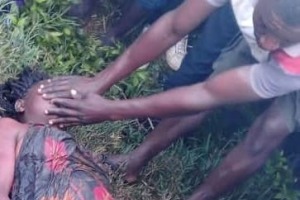2 Catholic priests abducted in Nigeria’s Kaduna State

A Catholic diocese in Nigeria’s Kaduna State has asked the faithful to pray for two of its priests who were kidnapped from the rectory of a church, bringing the number of priests kidnapped in the country this year thus far to 20.
The priests, identified as Fr. John Mark Cheitnum and Fr. Denatus Cleopas from the diocese of Kafanchan, were kidnapped Friday from the rectory of Christ the King Catholic Church in the town of Lere in Kaduna State, Catholic News Agency reported.
“May Jesus, crucified on the Cross, listen to our prayers and hasten the unconditional release of His priests and all other kidnapped persons,” Fr. Emmanuel Uchechukwu Okolo, the diocese’s chancellor, was quoted as saying.
Three of the 20 Nigerian priests kidnapped this year were killed. The Catholic group Aid to the Church in Need says that at least seven were abducted this month alone.
The Nigerian Diocesan Catholic Priests Association has requested that priests observe a week of prayer and fasting for the clergy who continue to serve in the country, risking their lives.
“Our duty is to lay before the altar of God the gratitude, cares, worries and petitions of the faithful and ours. We are advocates of pro-life and peace,” the association said in a statement.
Last month, unidentified terrorists killed two Catholic priests in Kaduna and Edo, a month after two other priests were slain in two other districts in the West African country.
The two victims were identified as Fr. Vitus Borogo, a priest serving in the Archdiocese of Kaduna, and Fr. Christopher Odia from the Diocese of Auchi.
In May, unidentified gunmen stormed a Catholic parish in northern Nigeria and abducted two priests, identified as Fr. Stephen Ojapa and Fr. Oliver Okpara from the Catholic Diocese of Sokoto, and two unidentified boys from St. Patrick Catholic Church in Gidan Maikambo area of Katsina state’s Kafur Local Government Area, Vatican News reported at the time.
In a separate incident the same month, radical Islamic militants affiliated with either radical Islamic Fulani herdsmen or the Islamic State West Africa Province terrorist group killed at least eight Christians, including children younger than 5, and wounded several others in an attack in Borno state.
In a report released last year, the Anambra-based International Society for Civil Liberties and Rule of Law (Intersociety) estimated that about 10 million people had been uprooted in northern Nigeria, where extremist violence was most severe, from July 2009 to July 2021.
The report added that about 2,000 Christian schools were attacked during that time.
The atrocities included “massacres, killings, mutilations, torture, maiming, abductions, hostage-taking, rape, girl-child defilements, forced marriages, disappearances, extortions, forceful conversions and destruction or burning of homes and sacred worship and learning centers,” Intersociety reported.
Intersociety said the mass violence had resulted from the “propagation of radical Islamism.”
The Nigerian government, led by President Muhammadu Buhari, who comes from a Fulani background, attributes the violence in the Middle Belt states to decades-old farmer-herder clashes. However, Christian human rights advocates have accused the government of overlooking religious elements and not doing enough to protect Nigerian citizens.
Many have raised concerns about what they perceive as the government’s inaction in holding terrorists accountable for the rising number of murders and kidnappings, which some groups warn have reached the level of genocide.
ICC identified Nigeria as one of its 2021 “Persecutors of the Year.”
“Nigeria is one of the deadliest places on Earth for Christians, as 50,000 to 70,000 have been killed since 2000,” the ICC Persecutors of the Year report states.
Open Doors USA, which monitors persecution in over 60 countries, reported that at least 4,650 Christians were killed between Oct. 1, 2020, and Sept. 30, 2021. That is an increase from 3,530 the previous year. Additionally, more than 2,500 Christians were kidnapped, up from 990 a year earlier.
















